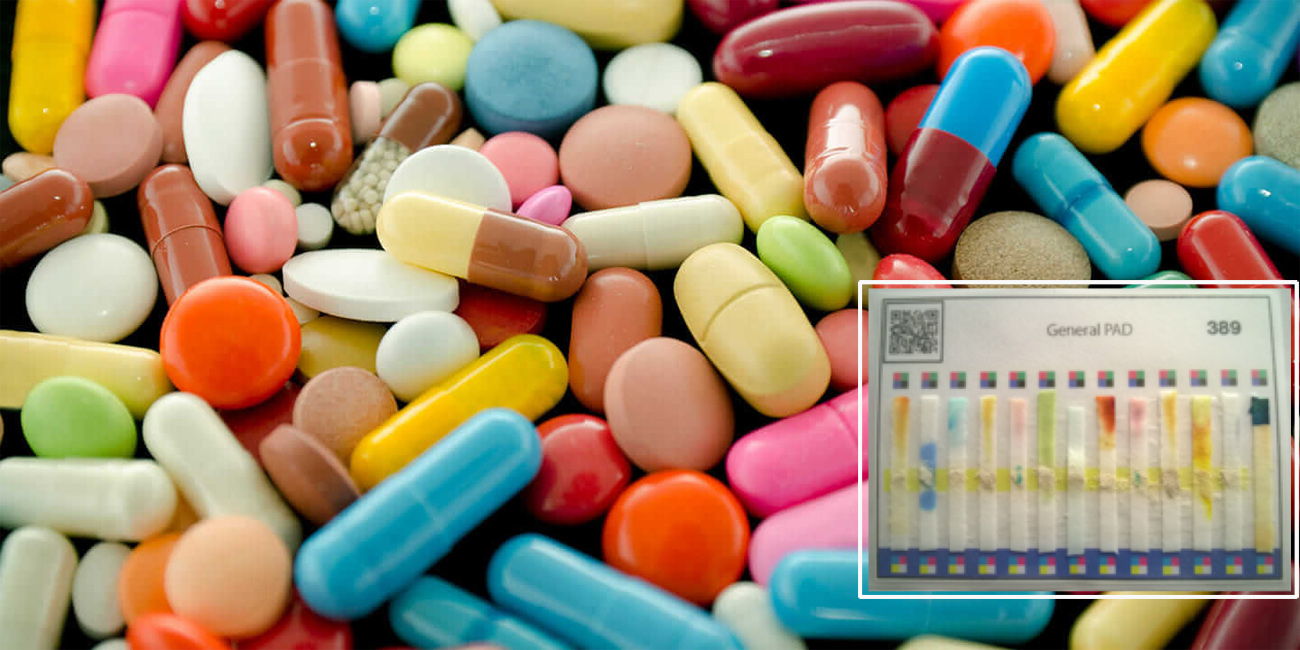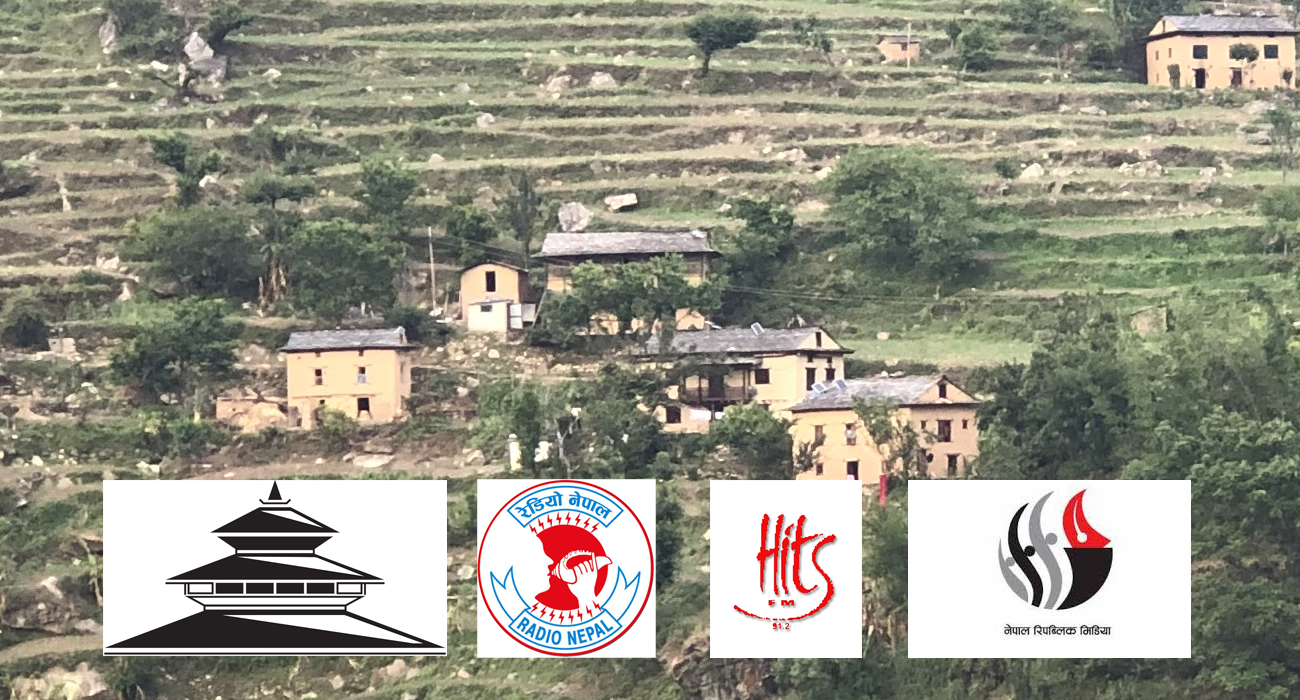Projects
PADS PROJECT

The quality of medicines has been a global issue. It is estimated that more than 100,000 deaths per year are caused by substandard and falsified medicines. Such medicines are responsible for mortality and morbidity, disease prevalence, antimicrobial resistance, and eventually people may lose confidence in medication and health system. It also costs additional spending for the treatment of same disease, and patient and family time. There are several socioeconomic harms including loss of income and productivity and lack of social mobility and increased poverty. Therefore, these poor-quality medicines are serious issues for both an individual and to the public and government. In this project, we screen the quality of drugs using paper analytical devices (PADs). These devices are low-cost, easy to fabricate and use, and can be used in field settings. The PADs are made up of cellulosic fibers and give a library of colors when a sample is applied to it. By analyzing the color library one can screen presence or absence of active pharmaceutical ingredient, excipients, and possible contaminants. We are testing this technology for a range of drug types such as antibiotics, anthelminthic, antidiabetic, herbal drugs etc. collected from various districts of Nepal. In addition to drug quality, PADs methods have also been developed, known as MicroBioPADs, for testing water quality for microbial contamination. This project is being implemented by Saint Mary’s College, IN, USA and Kathmandu Institute of Applied Sciences, Nepal. National Science Foundation (NSF), USA has funded this project.
For details click here


